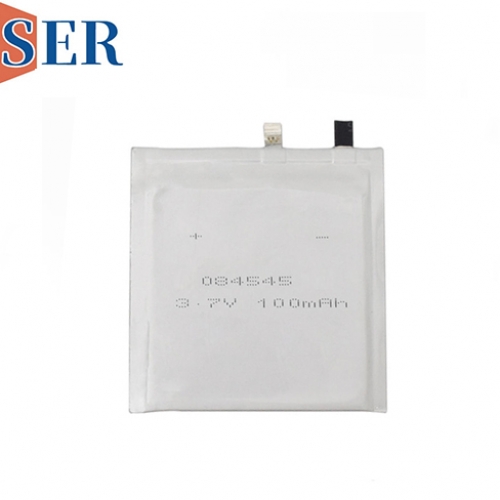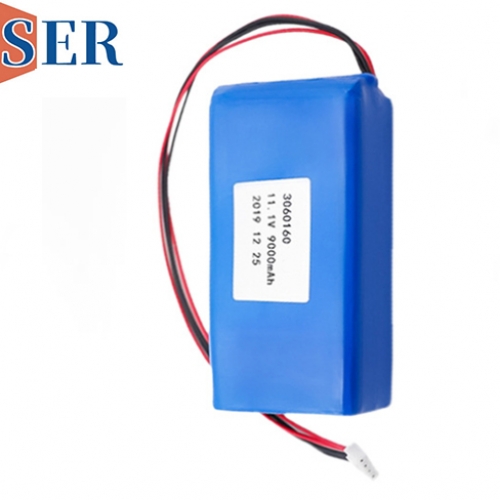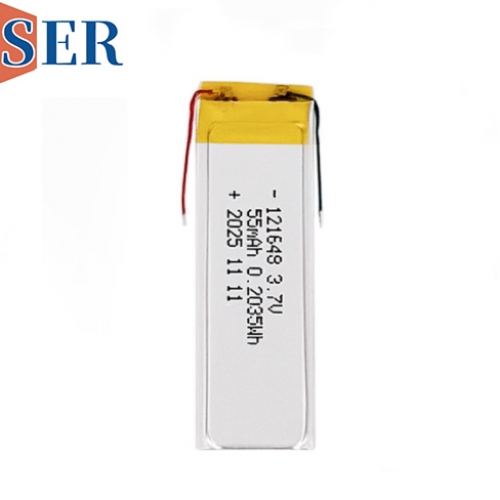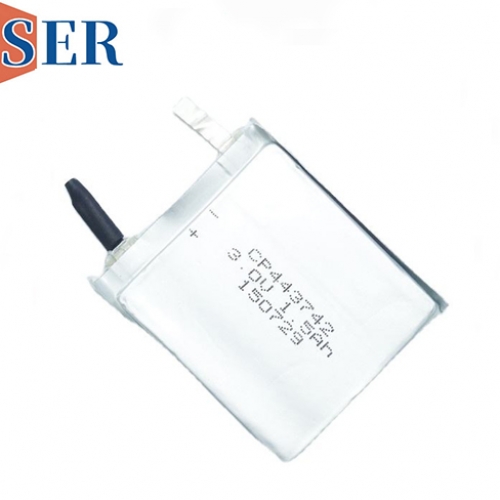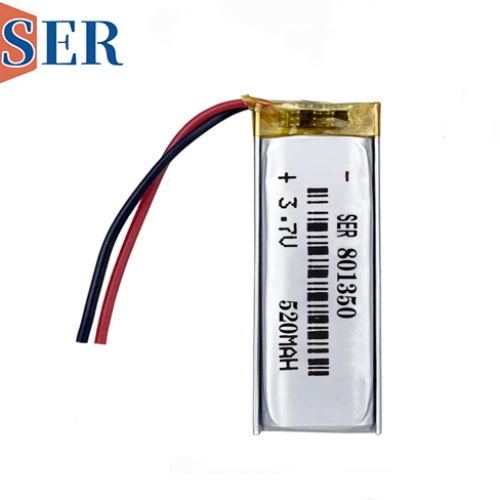Does Cold Weather Affect Lithium Battery Life
Does Cold Weather Affect Lithium Battery Life?
Introduction
Lithium batteries have become a ubiquitous presence in our daily lives, especially for rechargeable Lipo battery and ultrathin LiMNO2 batteries, powering devices ranging from smartphones and laptops to electric vehicles and aircraft. Their popularity is largely due to their high energy density, which allows for longer runtime and faster charging compared to traditional battery technologies. However, one of the common misconceptions about lithium batteries is that their performance is significantly affected by cold weather. This article aims to explore the question: does cold weather really affect lithium battery life?
How Lithium Batteries Work
Before delving into the effects of cold weather on lithium batteries, it's important to understand their fundamental working principle. Lithium batteries store energy through a chemical reaction between the anode (positive electrode) and the cathode (negative electrode). During the discharge process, lithium ions move from the cathode to the anode through an electrolyte, releasing energy in the form of electricity. This process is reversed during charging, when the lithium ions move back to the cathode.
Normally, the low-temperature effect of high-temperature battery is generally bad.
Effects of Cold Weather on Lithium Batteries
Cold weather can indeed have an impact on lithium batteries, but the extent of this impact depends on several factors. Firstly, the chemical reactions inside a lithium battery are temperature-dependent. As the temperature drops, the rate of these reactions slows down, reducing the battery's ability to deliver power. This is why you might notice that your smartphone battery drains faster in cold weather.
Secondly, cold temperatures can also affect the electrolyte's conductivity. The electrolyte plays a crucial role in facilitating the movement of lithium ions between the anode and the cathode. However, at lower temperatures, the viscosity of the electrolyte increases, making it more difficult for the lithium ions to move. This again results in a reduction in the battery's performance.
Mitigating the Effects of Cold Weather
Fortunately, there are several ways to mitigate the effects of cold weather on lithium batteries. Manufacturers of lithium batteries and the devices they power often incorporate temperature compensation algorithms into their battery management systems. These algorithms adjust the charging and discharging rates based on the ambient temperature to optimize battery performance.
LiSOCL2 batteries and LiMNO2 batteries have a wide range of operating temperature, -45 ~ 85 degrees Celsius, the temperature effect is small.
In addition, some devices feature heaters that can warm up the battery when it's cold. This not only improves the battery's performance but also helps prevent damage that could occur due to extreme cold temperatures.
Conclusion
Cold weather can indeed affect lithium battery life, but the impact is not as severe as commonly believed. The reduced performance is primarily due to slower chemical reactions and decreased electrolyte conductivity at lower temperatures. However, this impact can be mitigated through temperature compensation algorithms and heaters incorporated into the battery management systems of devices. Understanding these factors helps us use lithium batteries more effectively in cold weather conditions.

